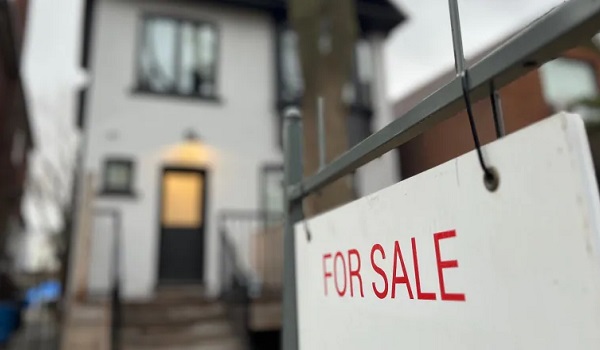B.C.’s new tenants eviction rules put home sales in distress despite rules adjustment
When rumours started flying this spring that the B.C. government would extend the timeline for evicting a tenant during a home sale, Carole Caffrey’s clients immediately started looking to sell their rental properties before the new rules took effect.
Since April, the Vancouver-area realtor and rental property manager said she went from managing 52 rental homes to just 44 in the span of four months, as decades-old clients decided to sell because the regulations were becoming too onerous.
The new eviction rules were eventually introduced July 18, increasing the notice that tenants are required to receive from two months to four when being evicted for their landlord’s personal use or the sale of a home.
But the province is now backtracking following complaints from the housing industry that the new rules were detrimental to homebuyers.
Effective Aug. 21, the notice period will be cut to three months on evictions related to home sales, to ensure the closing process isn’t negatively affected by a lengthy eviction timeline, since preapproved mortgage rates are typically only valid for three months. The notice period for landlord personal use remains four months.
Real estate professionals such as realtor Kevin Skipworth argue the amended rules will still put immense pressure on homebuyers. Mr. Skipworth said the three-month window in which mortgage rates are held in B.C. means any delay in the closing or eviction process could jeopardize the entire transaction. He added that many buyers have indicated they’ll steer clear of rented properties when looking for a home, and the changes will further discourage people from renting out their homes.
Meanwhile, tenant advocates say the policy doesn’t go far enough in addressing the root cause of unfair evictions: a lack of rent control and the limited availability of government-funded rental housing.
If there’s one thing both sides can agree on, it’s that the decision to unveil new rules before quickly tweaking them is a chaotic misstep by the government and has confused both homebuyers and renters who will have to decipher which rules apply to them.
The British Columbia Real Estate Association’s chief executive officer, Trevor Koot, said they were disappointed the association wasn’t consulted about the new policy first but were happy to see the government listened to their concerns and lowered the eviction timeline.
B.C.’s original rules for eviction when a home is sold were similar to Ontario’s and more accommodating to tenants than other western provinces that only require one month of notice. Quebec renters are afforded six months of notice.
However, Mr. Koot said Quebec’s system works because the process of getting a mortgage is built around the expectation that closing a sale takes much longer.
Mr. Koot said because the initial changes in B.C. were not made with stakeholders such as the BCREA or the province’s mortgage brokers association, buyers are left in a stressful situation when trying to close on a home, especially for first-time buyers.
He added that he would still like to see the eviction timeline lowered to two months for first-time buyers who might be struggling to enter the real estate market.
“There is a lot of concern that governments seem very focused on tenants while ignoring challenges for landlords, and buyers often don’t want properties with tenants,” Mr. Koot said.
“So it’s an immediate and unpopular change within the real estate sector.”
However, the intention to extend the notice period is applauded by some tenant advocates. Jinjae Jeong, a spokesperson for the Tenant Resource and Advocacy Centre, said the new laws do more to protect tenants from bad-faith evictions, in which a new owner says they’re purchasing the home for personal use, only to rent it at a higher rate when the tenant is evicted.
But he said he was disappointed to see the government walk back the policy by a month, saying that eviction is a major disruption for tenants, who need the time to make other living arrangements.
Mr. Jeong added the current system allows a landlord to raise rent back to market rates after evicting a long-term tenant.
“Behind every eviction is a profit incentive by landlords,” he said. “If we remove that profit incentive by instituting something like rent control between tenancies, then we’ll see only the evictions that are justified and necessary.”
This article was reported by The Globe and Mail













